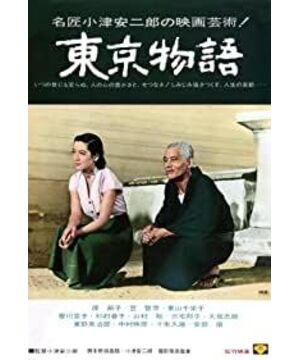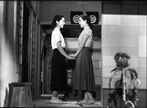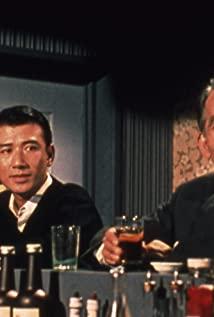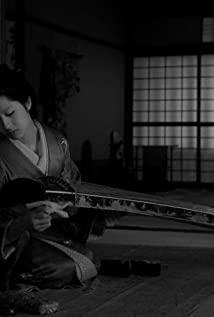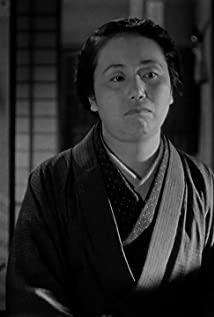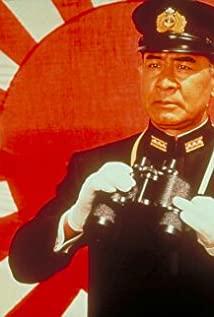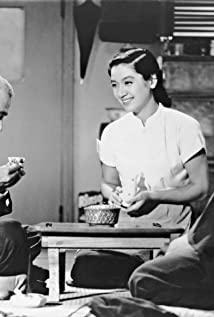The 1953 black and white film, re-watching the old film, has a lot of new experience.
A bland story, but deep enough to suffocate. Slow rhythm, clean shots, concise dialogue, still life freeze, the beauty of light and shadow in black and white films, delicate and lonely.
Japanese films after World War II are full of gloomy emotions, and the last embodiment of traditional Japanese virtues is actually the daughter-in-law of the deceased son of an old man. The selfishness of human nature makes people feel pessimistic. Tokyo is so big, but there is no place for the elderly. What have we ignored? What is the best love for parents?
Thinking of a WeChat message that was widely forwarded on the Internet some time ago, the hardest thing about honoring parents is having sex. The impatience shown by the busy work, but such a story seems to continue from generation to generation.
Ozu's brushstrokes are too sharp. This kind of story takes place in every family, but he expresses it deeply and deeply. After World War II, as a defeated country, the decline of the war and industrial modernization accelerated the fission of the family structure. The expression of war in the film is only through the second son in the The casualties in the war are expressed in understatement. This is an Ozu-style expression, so insipid that there is no trace of it.
The only hope in the film is shown through the final dialogue between Hara Setsuko and Kyoko. Life must continue, and it must be full of hope, otherwise?
- December 2014
View more about Tokyo Story reviews


